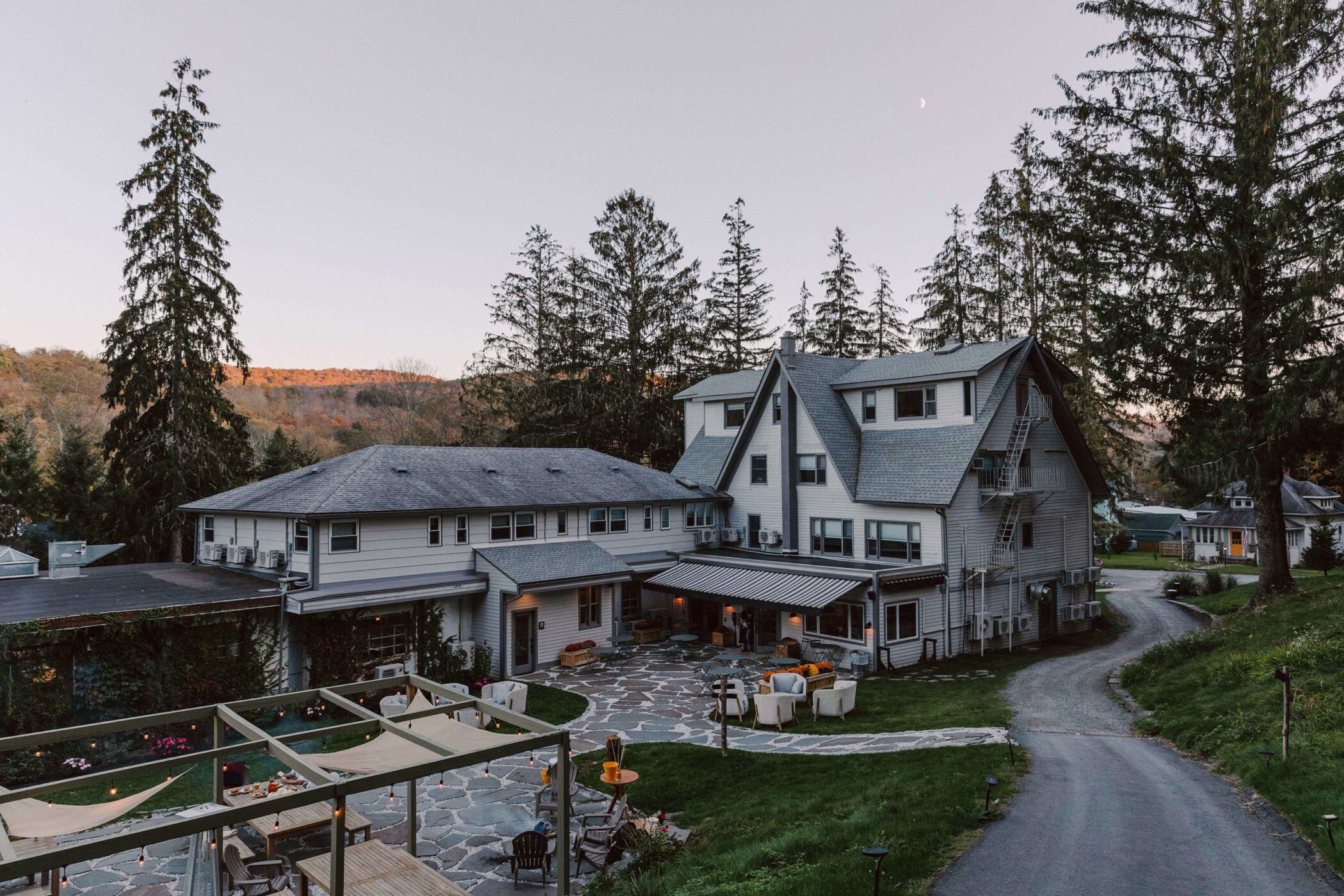Since its founding in 2017, asset-light, tech-enabled hotel brand and management company Life House has set out to be a "new-age management company," according to Managing Director and Head of Growth Bryan Dunn.
With a management portfolio of more than 60 independent hotels representing more than 2,500 rooms, Life House's primary goal is to create value for its third-party real estate partners, Dunn said. The company's portfolio has a presence in more than 18 U.S. states, Puerto Rico, Canada and Mexico.
Ranging from roadside motor lodges with average daily rates of the middle to high $100s to luxury hotels with ADRs of $1,400 to $1,500, Life House has proved it can add value across the chain scales, Dunn said.
Life House is backed by venture capital and last fall closed on $60 million Series C financing co-led by Booking Holdings, through its Kayak subsidiary, as well as Canada-based Inovia Capital, Dunn said.
"An exciting time for us. We have about 60 or so projects underway right now, all signed under management contracts," he said. "We don't own any real estate, we are an operator, and we've built a technology stack that enables us to add incremental value to independent hotels for our third-party real estate owners."
Recent Signings, New Brand Launches
The company has three core verticals that Dunn said are actively in development. Among the verticals is its boutique "four-star" Life House brand that has been designed and developed in-house on behalf of its real estate partners.
Over the next few weeks, his team will be opening a new Life House, Berkshires in Lenox, Massachusetts. Another recent opening is the 12-room Blue Iris by Life House in Nantucket, Massachusetts.
"We also just recently signed a [brand new] Life House project in Puerto Rico. We're continuing to actively build out that brand and add projects under development across the country. Our latest one that we get to announce is coming to Palm Springs next year," Dunn said.
Alongside Life House, the team is preparing to launch a new brand called Life Inn, which is going to be "a three-star manifestation of the Life House brand," Dunn said. The brand caters to owners or investors in existing limited-service, select-service economy assets in outdoor leisure locations, predominantly where "owners have historically lacked a managed lifestyle brand option."

Another large focus and vertical of Life House is its third-party management. About two-thirds of the Life House portfolio is comprised of one-off independent properties, such as the boutique Amigo Motor Lodge in Salida, Colorado, and the "Forbes Five-Star" Wheatleigh Hotel in Lenox, Massachusetts.
"We've proven our ability to add value for owners across the chain scale and we'll continue to grow with three-, four- and five-star product. The latest win there, we've recently signed Callicoon Hills [in Catskills, New York] that's 65 keys with a restaurant and events center. We're excited to add more product in and around the New York metro area," Dunn said.
He said Life House's room count sweet spot is between 50 and 125 rooms per property, but could go smaller if the revenue per available room is higher. In the coming months, Life House will announce its largest hotel it has signed to date, which has more than 200 rooms.
Life House's third vertical is its partnership with online travel agency Kayak to operate its Kayak hotels brand. Life House currently operates three Kayak-branded hotels across Florida and Mexico and will continue to build out that partnership. This partnership enables Life House to dabble in larger, urban core assets with 75 to 200 rooms, Dunn said.
Leveraging a Robust Technology Ecosystem
Dunn said Life House is fortunate to have investors who support it in a way that lets it "build out a vision for a new-age management company."
In 2017, Life House wiped its "tech stack clean" and started from scratch to integrate into third-party systems as well as build out its own proprietary systems that best cater to its smaller asset types, Dunn said. Life House currently has nine proprietary systems in-house that his team leverages for its owners.
"If you think about the hotel management landscape, the vast majority of players are increasingly commoditized in nature and run predominately larger hotels, and do so with a technology stack that is historically driven by the system's standard requirement of the big [brand] flags," he said. "What we've seen is that this traditional structuring of management companies using these third-party systems is best catered to these larger hotels."
Along with back-of-house systems that help the properties with revenue enhancement opportunities and operational efficiencies, Life House has also invested in guest-facing technology such as check-in kiosks, a mobile app and guest request systems.
"Every existing asset is different and has different opportunities for a group like ours to add value; it's not all a one-size-fits-all equation but oftentimes there's a combination of revenue enhancement opportunities through better dynamic pricing, improving direct bookings and decreasing the cost of those bookings relative to OTAs," he added. "In other cases, there is an opportunity to achieve risk-free expense reductions through automation of traditional back office functions."
